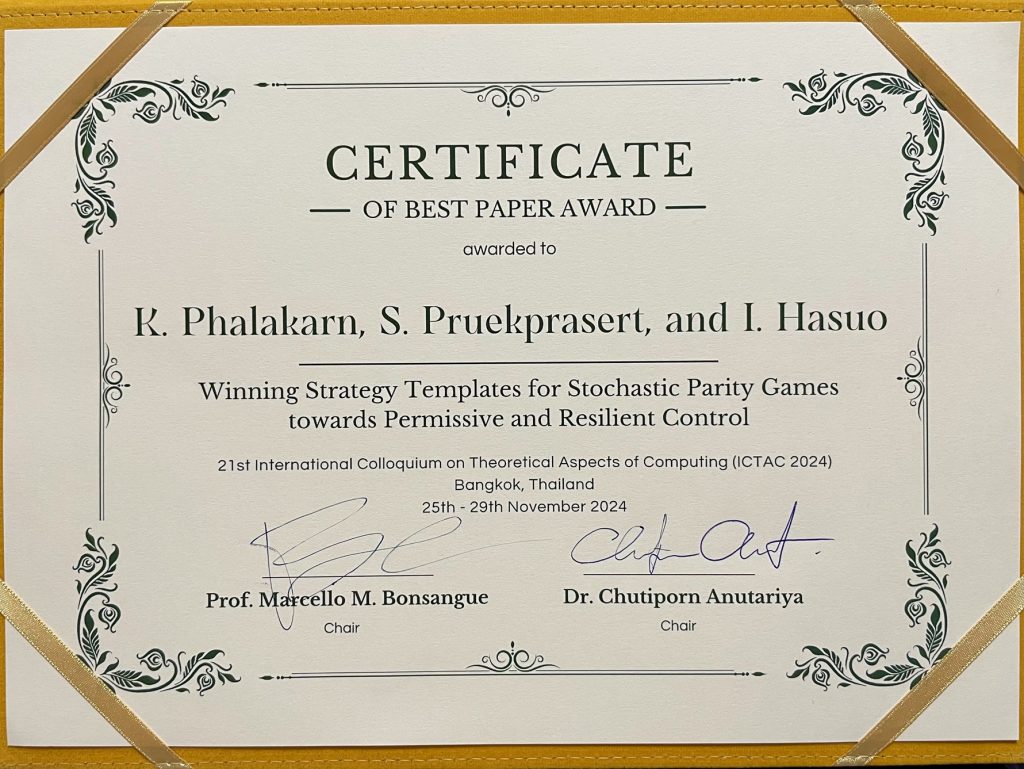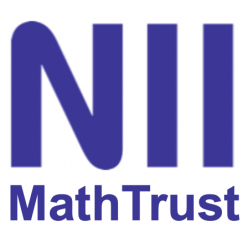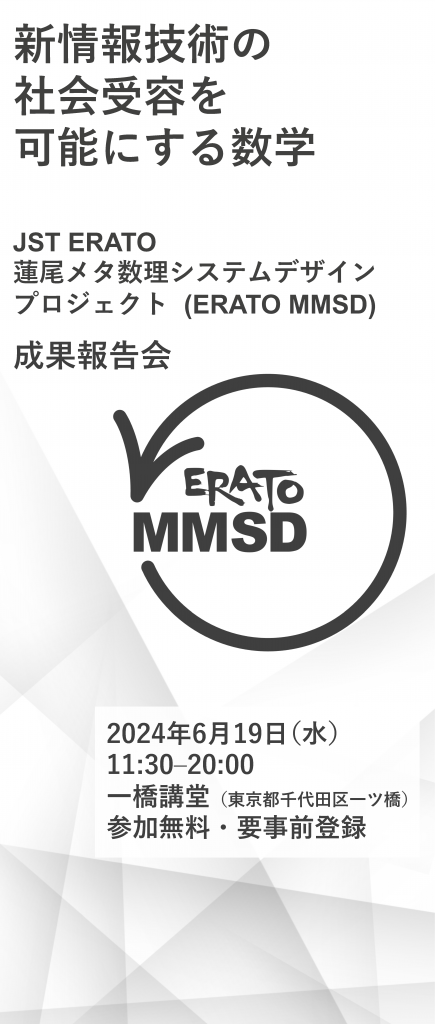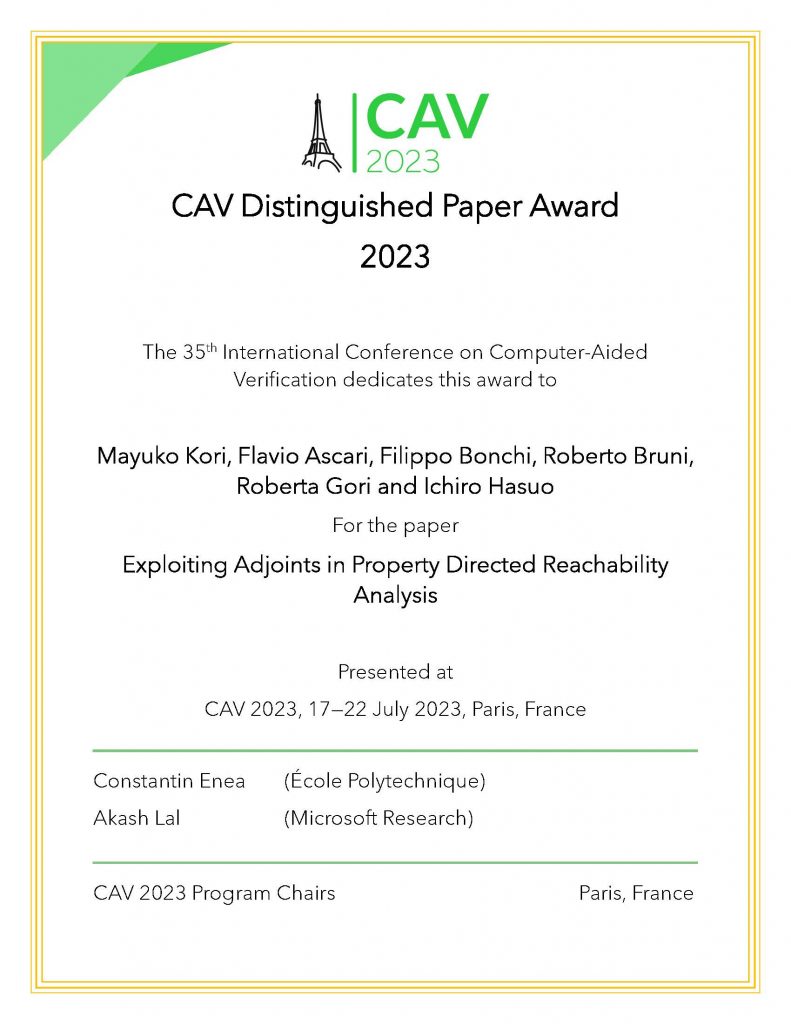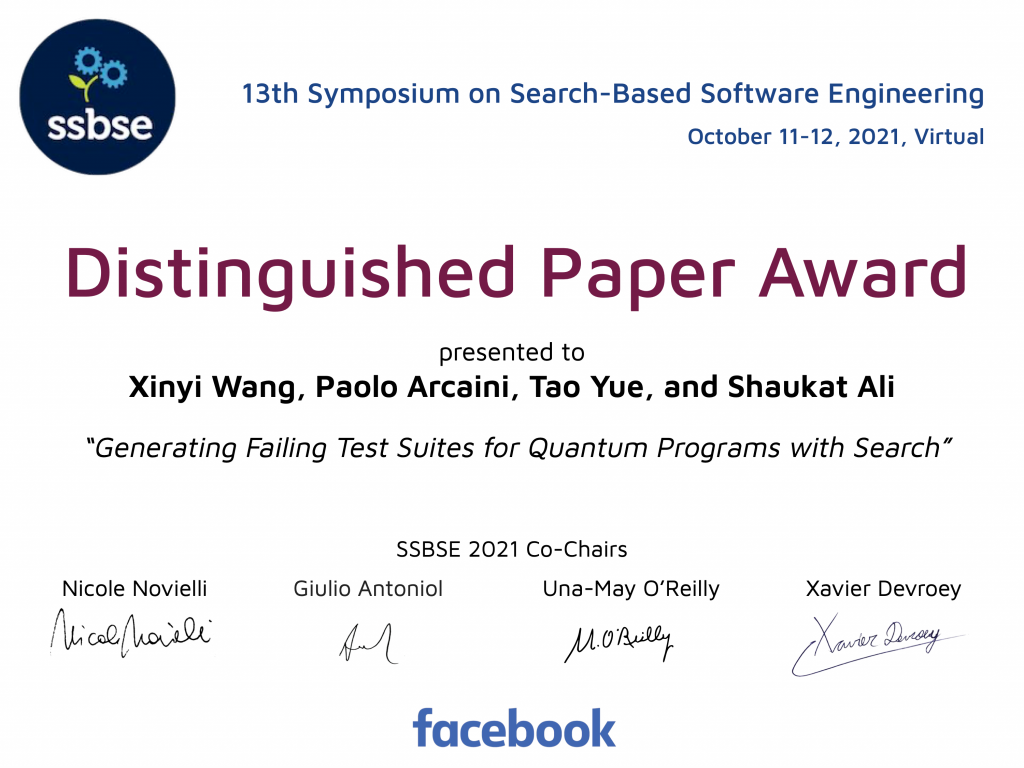New method for automatic and efficient discovery of reliable gas turbine system designs
— Exploiting the logical specification in black box optimization and applying it to the design process of real commercial products — A research team consisting mainly of SATO Sota and HASUO Ichiro at the National Institute of Informatics (NII, Japan) and the Graduate University for Advanced Studies (SOKENDAI, Japan), developed a method for automatically finding gas turbine control system designs that satisfy multiple requirements, with collaboration of Mitsubishi Heavy Industries, Ltd.
Automatic control system design methods have not hitherto been able to discover controllers of comparable quality to those designed by human experts. But with the new method developed by this research team, it is now possible to find controllers with comparable quality to the results obtained manually by human experts, based on fully automatic computation. This method is generally applicable to “black box” control systems whose internal behavior cannot be described by models such as mathematical formulas. The method is expected to be useful in design processes in various fields such as autonomous driving.
This research was conducted under the ERATO MMSD Project(*1) funded by the Japan Science and Technology Agency (JST, Japan). The results of this research will be presented online on November 24, 2021 (Chinese Standard Time) at the 24th International Formal Methods Symposium (FM’21).
